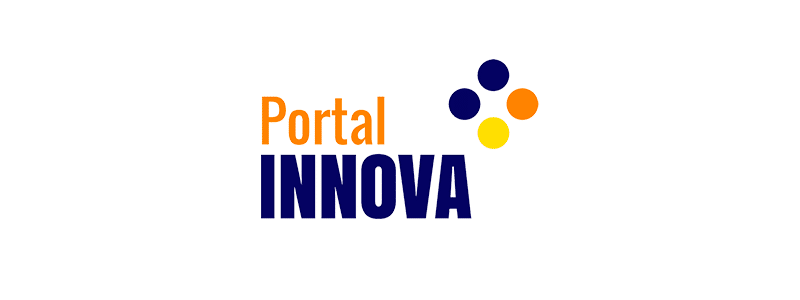Expense and purchasing areas are exposed to risks of fraud and other crimes, which is why organizations are moving forward in implementing technology-based control systems.
In September of this year, the Economic Crimes Law (21.595) comes into force, which includes modifications to the rule on criminal liability of legal entities, introducing new crimes into this figure, changing penalties and increasing the subjects susceptible to criminal liability. , among other news.
These regulations and other regulations that detail the controls and considerations that companies must have with their suppliers and customers, make organizations face a variety of regulatory requirements that can be a challenge when establishing processes and prevention mechanisms and inspection.
An example is the way in which organizations manage the expenses of their collaborators and how this process is developed, especially because the detection of fraud becomes more complex by having a large number of employees doing this procedure manually, without the adequate intelligence and automation to detect them. The same occurs in teams with a high risk of non-compliance, such as purchasing areas, which must choose which supplier and under what conditions they do business.
Jaime Viveros, associate of the Albagli Zaliasnik Compliance Group, indicates that the risks of committing various crimes may arise from expense processes in the business environment, such as different types of fraud, money laundering crimes and irregular financing, among them, to terrorism and political parties. Based on this, there are also risks associated with the preparation of balance sheets and financial statements, which could give rise to potential tax crimes.
“Some control mechanisms that companies have implemented to mitigate risks associated with fraud or crimes related to irregular financing of third parties involve the establishment of screening tools for the knowledge of said third parties and thus avoid any link, through payments, to illicit activities,” says Viveros, adding that “there has been an increase in the implementation of technological support tools to control payment and expense flows, which allow traceability of the corresponding approvals“.
Challenges
For the Albagli Zaliasnik lawyer, implementing means of control in the payment area is a concern for companies from different lines of business and of all sizes. ”Many companies have opted to use technology, either through ad-hoc platforms to carry out the payment process to suppliers and service providers, as well as to report the company’s internal expenses”, he asserts.
Source: Agilice | DF, April 11, 2024.



